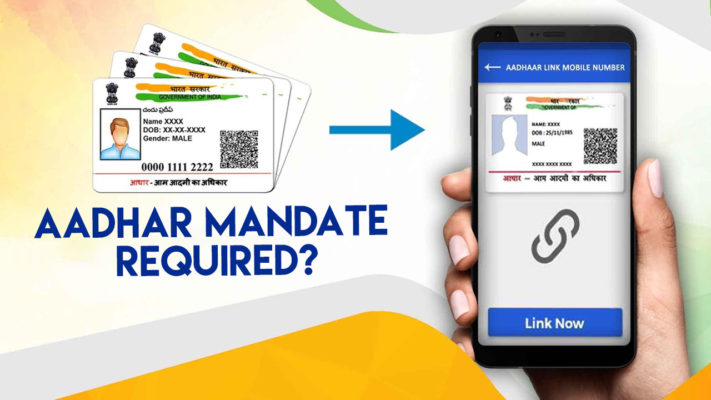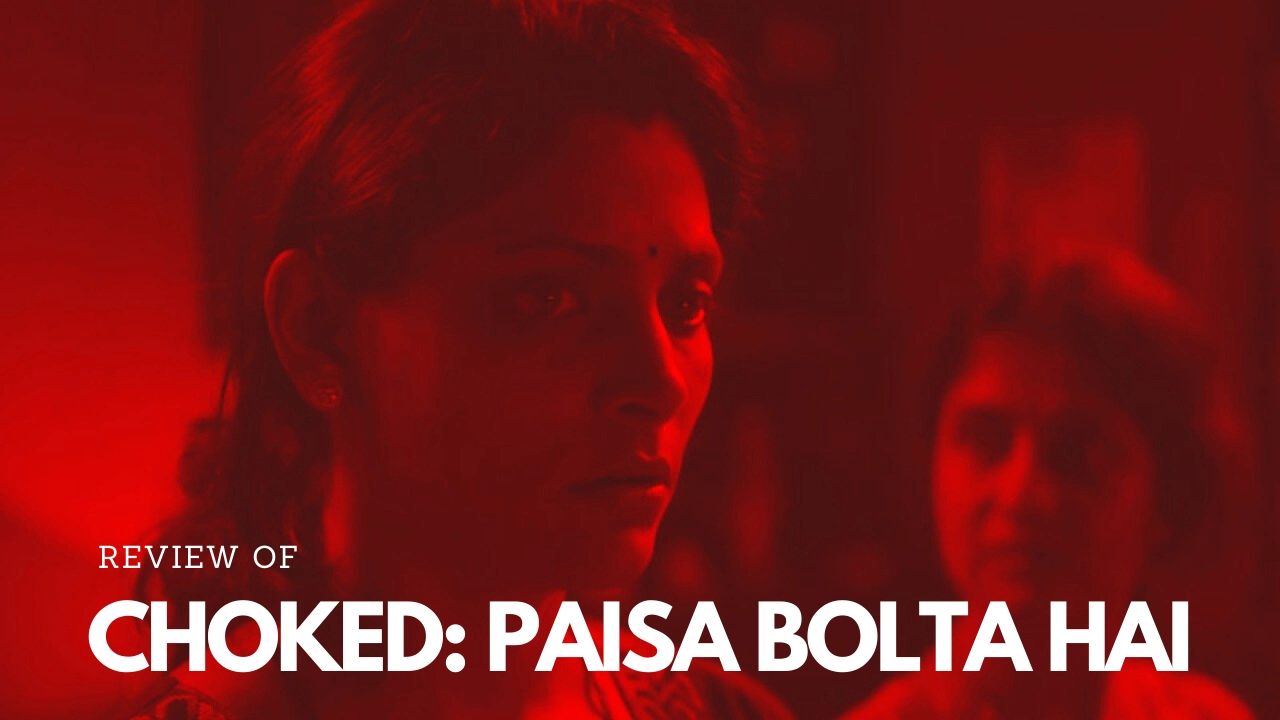
Is Aadhar Status More Of A Bane Than A Boon?
In the past couple of years or more, Aadhar Card seemed to have gained great importance. When the notion of Aadhar was being discussed in the different houses of Parliament and even after the law was approved by the government, Aadhar was looked upon as a product that would enable, specifically the rural and the downtrodden, to have access to various government schemes and entitlements.
There was a long procedure involved in the making of the Aadhar Card, and every Indian was mandated to get an Aadhar Card made. However, with time, it turned out that instead of aiding towards the process of making the governmental entitlements reach out to the downtrodden relatively easier, the Aadhar made everything seem much more difficult than ever before.
In an interview with the Times of India earlier this month, social scientist and economist Reetika Khera said, “I used to say Aadhaar is a remedy in search of a disease. Now, I say that the remedy is worse than the disease.”
Of course, any person not blinded by any political preference will agree with the same.
The Concept Of Aadhar Card

Introduced by the erstwhile UPA government, the Aadhar is a unique 12-digit number that serves as an identifier for Indian citizenship. However, the utmost notion behind the creation of the same was to make the distribution of subsidy much more proper, leaving zero ground for error.
It was a noble idea. However, the recent upsurge in mandating the Aadhar for every governmental procedure and the forcible linking of the same to various agencies did not quite go well with the Indian commoners, and for certain justified reasons.
Is Aadhar A Justified Address Proof?
Today, the ruling government has made the attainment of passports a lot easier than before. One of the primary reasons behind the same is the fact that Aadhar card can be used as both a valid photo identity proof as well as an address proof. While Aadhar Card does act as a great identity proof, with biometric details inserted into it, it is not a liable address proof. And that is confirmed by none other than the UIDAI (Unique Identification Authority of India). Yet, the banks and even many governmental organizations continue to use Aadhar Card or recently e-Aadhar as an address proof. So, despite having biometric e-KYC done by linking Aadhar, the banks are falling short in recognizing their own customers fully. So, the very notion behind the linking of Aadhar card with bank accounts – to grasp the black money hoarders by their collars – falls flat.
Now, returning back to the question of Aadhar being a one-man-army for getting a passport done, it may be said to be a blunder. And the same has been proved in a recent case where innumerable Myanmar refugees from the Rohingya community in Kashmir were found possessing the Aadhar card – a license to get a passport and prove Indian citizenship right away.
The Question Of Aadhar Linkage
The Aadhar might be an inanely Indian idea but one may be completely puzzled to know that the Aadhar data is managed and maintained by foreign companies. Now, this data might be used by the companies to entertain other companies in terms of R&D. This might, once again, lead to Data Erosion by foreign companies, thereby, looting the individuals of their privacy.
Nowadays, it has been mandated by the authorities to link Aadhar Card with not just bank accounts but also with Pan Card, mobile number, health insurance number and even gas connections. So, even though the Section 28 of the Aadhar Act pledges to safeguard our data and “ensure confidentiality of identity information and authentication records of individuals”, it is still at a great risk.
The Undermined Loopholes In Aadhar Card Status
Let us keep aside the bigger games in the market and concentrate on how easy it is to breach the Aadhar Card Status “protection” by even a layman. A few months ago, all the recipients of Aadhar cards were provided with a “unique” e-Aadhar password. The password is nothing but a combination of the first four letters of a person’s name and her/his birth year. Now, this might be known to any person substantially close to us, as also our bank managers, employees of e-Wallet schemes and even the security guards, who have to confirm our identity before letting us inside any bar, pub, office, library, theatre and even airports.
Recently, there emerged a case of a computer engineer from Hyderabad, who is an ex-employee of PayTm and worked as a field manager for the company before leaving the job. Now, even after leaving the job, he has kept up with his “role” of linking Aadhar to PayTm and conned nearly 10 people from the Andhra Pradesh capital. He simply transferred money from their accounts into his and tried to be a prince from a pauper. Although police have arrested him, do you think with Aadhar now being linked to even mobile phones and e-wallets, such thefts are any big deals?
The same holds true for the linking of Aadhar with mobile phones – it is just unfolding our wealth and privacy to the entire world. Don’t you think so? By linking Pan Card to Aadhar Card, we are opening up our transactions to the world.
Is The Government’s Promise To Ease Distribution Of Schemes And Benefits Fulfilled?
Now, let’s come to the bigger picture. We know there are immense loopholes with the linking of Aadhar card with various agencies. But let’s all forget the same for a while and concentrate on whether the government promised benefits have been distributed evenly and more expertly due to the Aadhar Card.
Towards the beginning of last year, the central government announced that for people to avail various benefits, such as crop assistance, food subsidy, and other benefits under the National Career services, etc., having an Aadhar is mandatory. Nearly 67% of the Indian population depends on food subsidy. However, over the couple of years, it has been seen that the lack of knowledge on the Aadhar Status and the cumbersome procedure to obtain it and link Aadhar Card with bank account – rural India is still in the process of having bank accounts – made it extremely difficult for some poorest sections of the society to obtain the subsidy on food.
In short, the Aadhar may have eliminated middlemen, but the poorer sections of the society are almost lying in the same petty situation that they had been since ages.
The Prime Questions That Remain
The Aadhar Card is a central government feature and it has its flurry of uses. However, the fact that the government is forcing the same to be linked with private telecom services does raise many eyes. What is the need to link Aadhar Card with mobile phones, especially when the Aadhar Card is essentially acting as the password to our privacy, including the key to our bank accounts? Who will promise a full proof security for the same? We don’t know if the same would tackle the growth of black money hoarders in the country, but it sufficiently thefts a common person of his/her basic right to privacy. What do you think?














